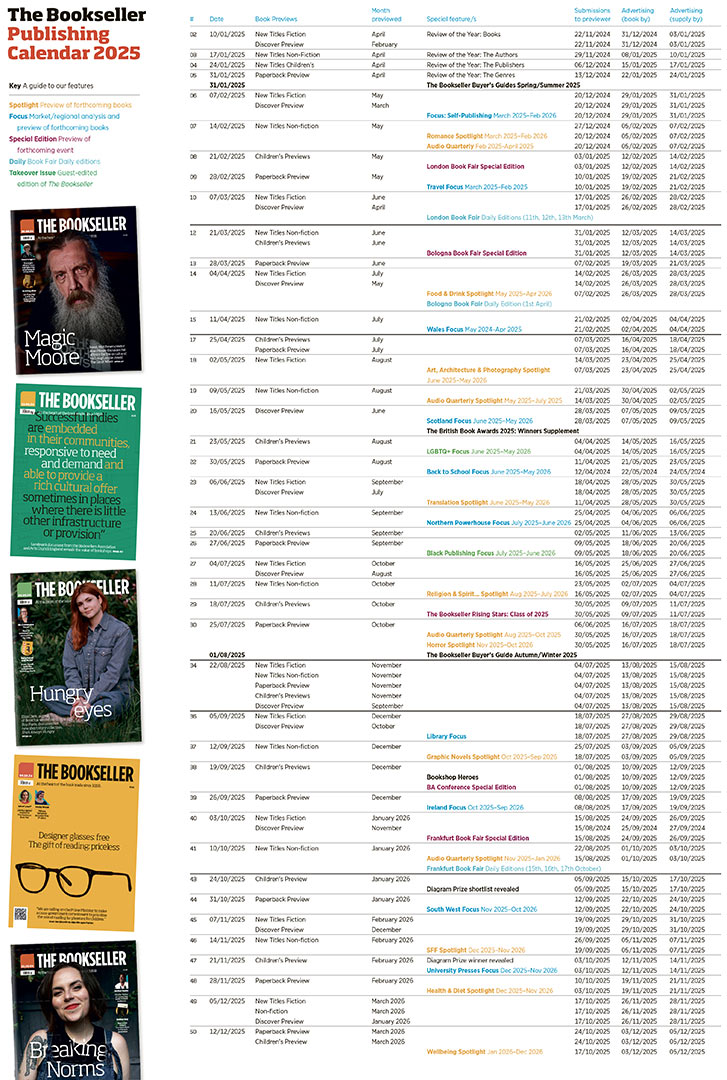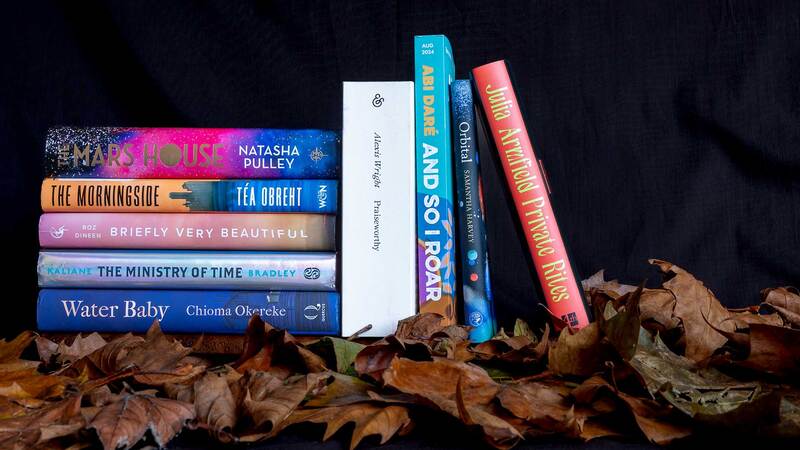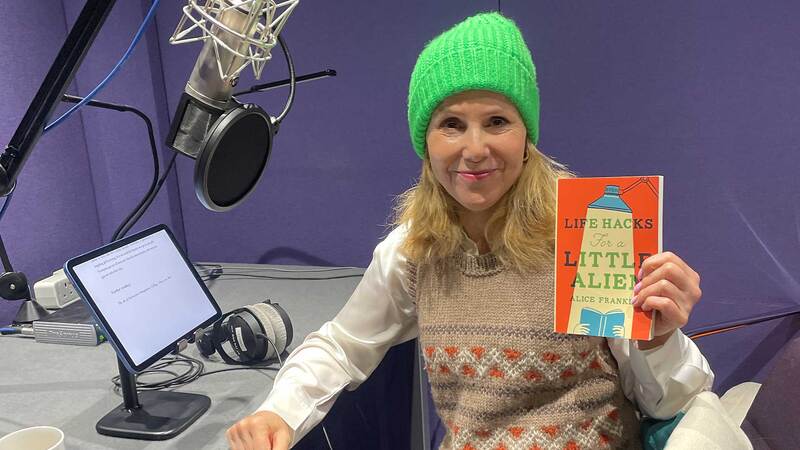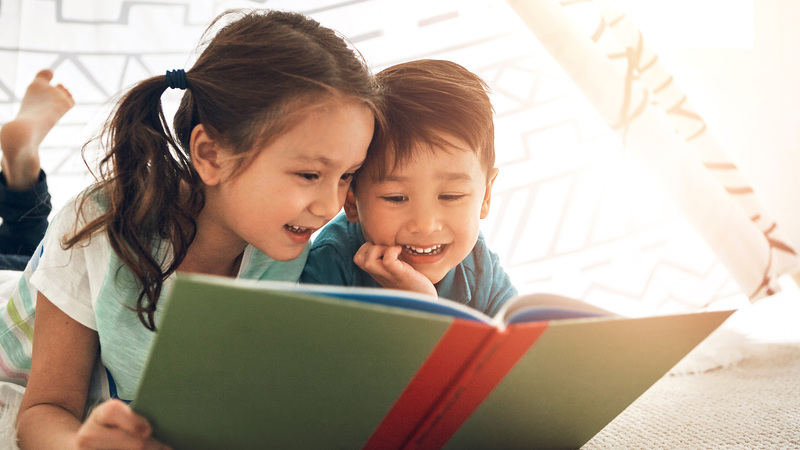You are viewing your 1 free article this month. Login to read more articles.
New research reveals low levels of writing enjoyment among children
The percentage of children who say they enjoy writing in their free time has dropped to a just 34.6%, down from 46% in 2010, according to new research by the National Literacy Trust (NLT).
The charity said this will “likely have a negative effect on children’s literacy skills” and speculated the decrease may be due to the reduced scope for creative writing in the curriculum as well as the effects of coronavirus lockdowns on children’s education.
The NLT said this comes alongside a “drastic” rise in 11-year-olds leaving primary school without the writing skills they need to continue their education, with one in three (31%) not reaching the expected levels in writing, up from 22% in 2019, when the last writing assessments were conducted. The NLT said the link between writing for enjoyment and writing attainment is "clear", with children who enjoy writing “very much” seven times more likely to write above the expected level.
The survey of 71,251 children and young people also shows that the majority of children (72%) enjoy writing in their free time when they start school at the age of five, but that this steadily decreases as they go through the school system, with the biggest drop off happening after age eight.
Jonathan Douglas CBE, chief executive of the NLT, said: “Writing for enjoyment needs to be encouraged, protected and nurtured as a priority. The reduced scope for creative writing in the curriculum may be affecting children’s motivation and enjoyment for writing, which can, in turn, affect their confidence and literacy skills. We also cannot underestimate the long-term effects of the Covid-19 lockdowns on children’s education, including writing stamina and practice, with children from disadvantaged backgrounds affected the most.
“We need to prioritise writing for enjoyment and recognise its important in helping children express their thoughts and feelings as they make sense of the world around them. It is perhaps not a surprise that most children start school with a love of writing in their free time, but this creativity is slowly lost as they progress through the education system. Our priority is to ensure this trend is stopped in its tracks.”
Half of children (50.2%) write to be creative, and others write to express their thoughts and feelings (45.5%) and to support their wellbeing (24.5%). Younger children are also much more likely to write for their wellbeing than their older peers, with over half (53.7%) of children aged eight to 11 writing to help them relax, make them feel happy, more confident, or feel better when they are sad.




















